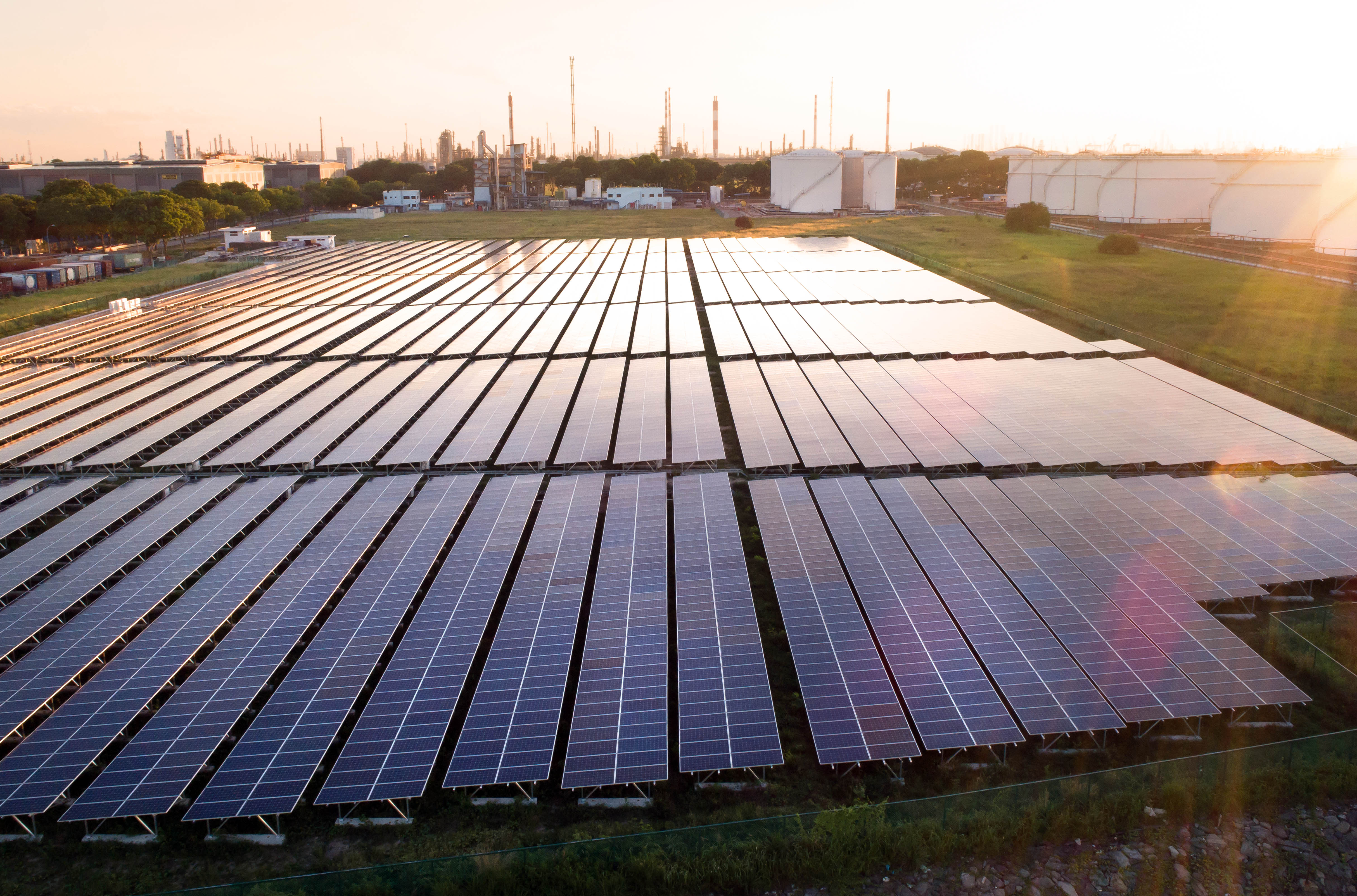
PSA Jurong Island Terminal achieved a record-breaking container throughput of more than 130,000 twenty-foot equivalent units (TEUs) in the year ending 31 December 2022. This is its highest volume since the terminal began operations in 2012 and a 30% increase since 2021.
Transportation of container-on-barge is a greener mode of cargo transportation as compared to trucking. This also represents a reduction of more than 130,000 truck trips between Jurong Island and PSA Terminals on mainland Singapore, and a reduction of up to 37% of carbon emissions for each twenty-foot equivalent unit container, equivalent to savings of 1,950 tCO2e.
This significant milestone is a result of the collaborative effort between PSA Singapore (PSA) and JTC to create a more sustainable, efficient and resilient supply chain ecosystem for companies on Jurong Island.
In line with PSA’s goals of decarbonisation across ports and supply chains, electric yard cranes as well as electric-powered quay cranes are deployed at PSA Jurong Island Terminal. Electric or hybrid cranes can achieve at least 50% fuel savings as compared to diesel-powered variants, with the added benefit of reducing nitrogen oxides emissions.
Ms Seow Hwee, Head of Port+ Business Division, Southeast Asia, PSA International, said, “This record volume is not just another milestone for PSA and JTC, but also establishes a firm foundation for the future of sustainable and efficient supply chains. With the strong support of our partners, customers and stakeholders, PSA continues to push for sustainable barging which will enable the businesses on Jurong Island to streamline their supply chain processes and enhance efficiency and cargo connectivity. Supply chain optimisation drives alignment and focus in achieving our national target to reach net zero emissions by 2050.”
Ms Cindy Koh, Director of Energy & Chemicals Cluster, JTC, said, “Barging serves as an alternative cargo transportation mode, reducing on-road traffic movement as well as the overall carbon footprint on Jurong Island. This initiative with PSA is part of ongoing efforts by JTC to transform Jurong Island into a sustainable energy and chemicals park in support of the Singapore Green Plan 2030.”
During the supply chain disruption caused by the pandemic, the barging arrangement provided the Jurong Island manufacturers with an alternative transportation mode for their cargoes, allowing faster response to unexpected disruptions. Today, more than ten companies on Jurong Island, including ExxonMobil, Sumitomo Chemical Asia and The Polyolefin Company, use barging as part of their sustainable supply chain management.
With the support from shipping lines, PSA Jurong Island Terminal has also seen a year-on-year increase of more than 20% in empty containers being barged to Jurong Island, a provision made to enable manufacturers on the island to utilise the empty containers to export their end products.
Mr Tan Chun Giap, Asia Pacific Logistics and Distribution Manager (Polymers), ExxonMobil Asia Pacific Pte Ltd, said, “In 2022, we increased our utilisation of the Jurong Island barging service as an alternative logistics solution to trucking. It enhanced supply chain reliability during the pandemic to deliver specialty and petrochemical products to our customers globally. We will continue working with JTC, PSA and the industry to grow this capacity as we transition to using Tuas Port, and help to achieve a sustainable Jurong Island.”
Mr Eugene Tan, Manager, Supply Chain Planning (Polymer), Sumitomo Chemical Asia (“SCA”) said, “In our green transformation journey, we look forward to continued partnership with PSA, allowing us to leverage on innovative digitalisation tools such as PSA’s CALISTA™ towards a more sustainable supply chain ecosystem for the future.”

